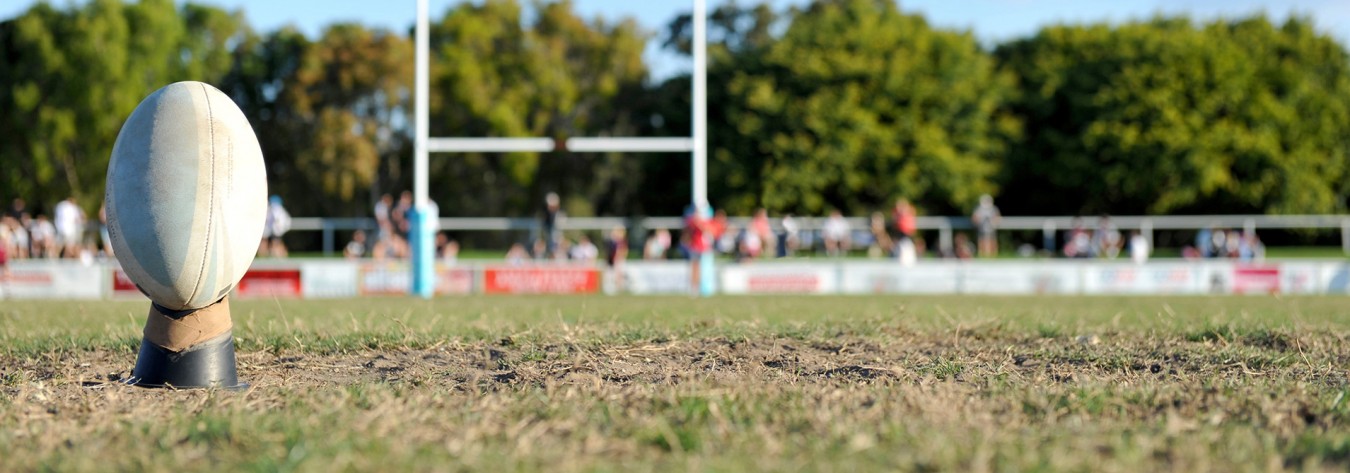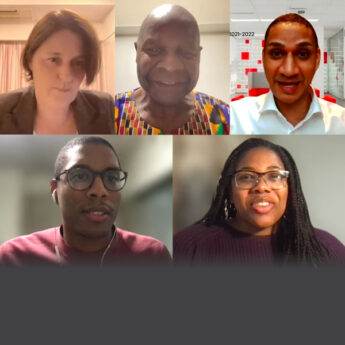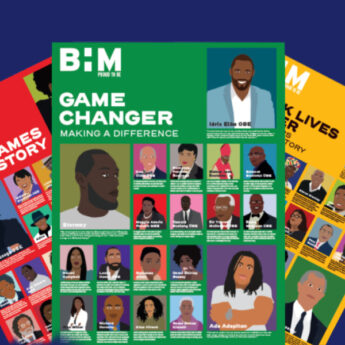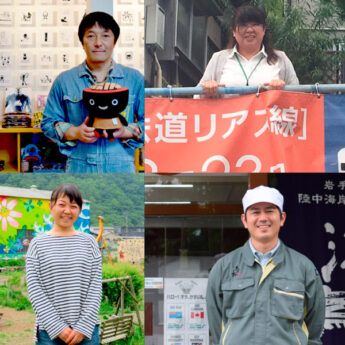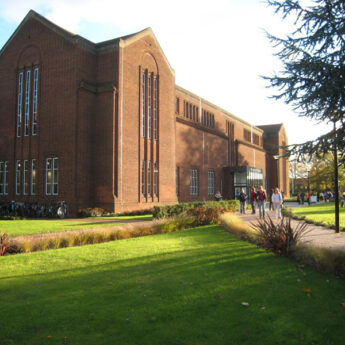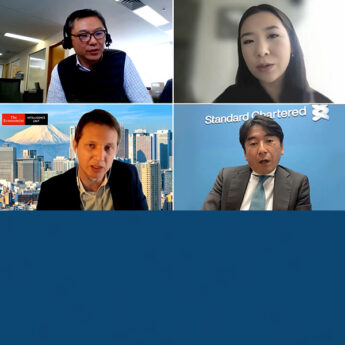- Key is getting non-rugby fans to attend games, become involved
- Top teams expected to pull crowds
- Plans may impact positively on social issues
It is to be hoped Koji Tokumasu likes a challenge because, by his own admission, he has plenty to tackle over the next few years.
The general manager of Japan Rugby 2019 has identified five goals to aim at in delivering the Rugby World Cup (RWC) 2019, not least of which is how to make Japan love rugby union. That will be no penalty kick from under the posts, and Tokumasu sees many phases of play on the road to winning that popularity contest.
The first of those was the announcement of host cities on 2 March, which he hopes will kick-off the first wave of interest.
“Popularity is not great at the moment but, once we decide the 10 to 12 host cities, those cities will start to promote [the tournament]”, Tokumasu said at a British Chamber of Commerce in Japan luncheon.
Titled “Rugby World Cup 2019—The Plan”, the event was held at the Grand Hyatt Tokyo on 3 February. “Next year”, Tokumasu added, “we would like to try to pick up another 10 to 12 base camp cities”.
“If we encourage only rugby fans to come to the games, we can never fill the stadiums. So we want to encourage non-rugby fans to come to the stadiums, for them to learn [about] rugby, for them to make friends. There are various ways we can get them involved—as volunteers, for instance”, he said.
Also at the luncheon was Japan Assistant Coach Steve Borthwick, who was England captain between 2008 and 2010. He highlighted the benefits of getting involved as he reminisced about the 2007 tournament in France.
“I remember being in Paris in the lead-up to the World Cup final and there were people from every single nation of the world, it seemed, in this city having the most fantastic time … the World Cup brings pride for your country”, Borthwick said.
There are lots of other high-profile markers for Tokumasu before the first RWC whistle is blown in 2019.
Next year, Japan enters a Tokyo-based franchise in Super Rugby, the largest professional rugby union competition in the southern hemisphere. This marks Japan’s first major move on a bigger club stage. Towards the end of 2017, the draw will be made for RWC 2019. In the two years running up to the big event, Tokumasu also hopes to attract the best international teams.
“What I can imagine is that England, South Africa and those top-tier teams will want to come to Japan to try out training, and for test events. So maybe in 2017 and 2018 we will invite those top-tier unions to Japan”.
All these high-end developments present promotional opportunities for Japan. Yet, Tokumasu has ambitious plans at junior levels, too, in conjunction with the Ministry of Education, Culture, Sports, Science and Technology.
“There are a lot of experiments we have to try … one is at the grassroots level. We have about 20,000 primary schools in Japan and we would like to make all of them play tag rugby”.
And to think, in these plans Tokumasu has only partly covered work towards just one of his goals: fostering a love of the game. He also has to deliver collaboration with local governments, work with other countries in relation to tourism and business, and find the best way to work alongside the developments for the 2020 Tokyo Olympic and Paralympic Games.
The Games will follow in almost indecent haste, with the flame to be lit at the new national stadium just nine months after the RWC final in the same arena.
Finally, Tokumasu is under no illusion as to the scale of the fifth and, ultimately, most challenging goal: to achieve a legacy. RWC 2019 is about “what we can leave for local cities, what we can leave for young people, what we can leave for the country, what we can leave for Asia”, he said.
As Sophia University, among others, has expressed interest in using its campus as a promotional area, Tokumasu believes the opportunities for interactions with non-Japanese that the tournament will afford will make universities more globalised. Moreover, students may be inspired to study overseas.
He also pointed out that RWC 2019 could solve the social problem of a lack of communication and cooperation between the older generation and younger generation.
With so many sport- and society-related aims, Tokumasu will need to be on top of his game to get them over the line.
